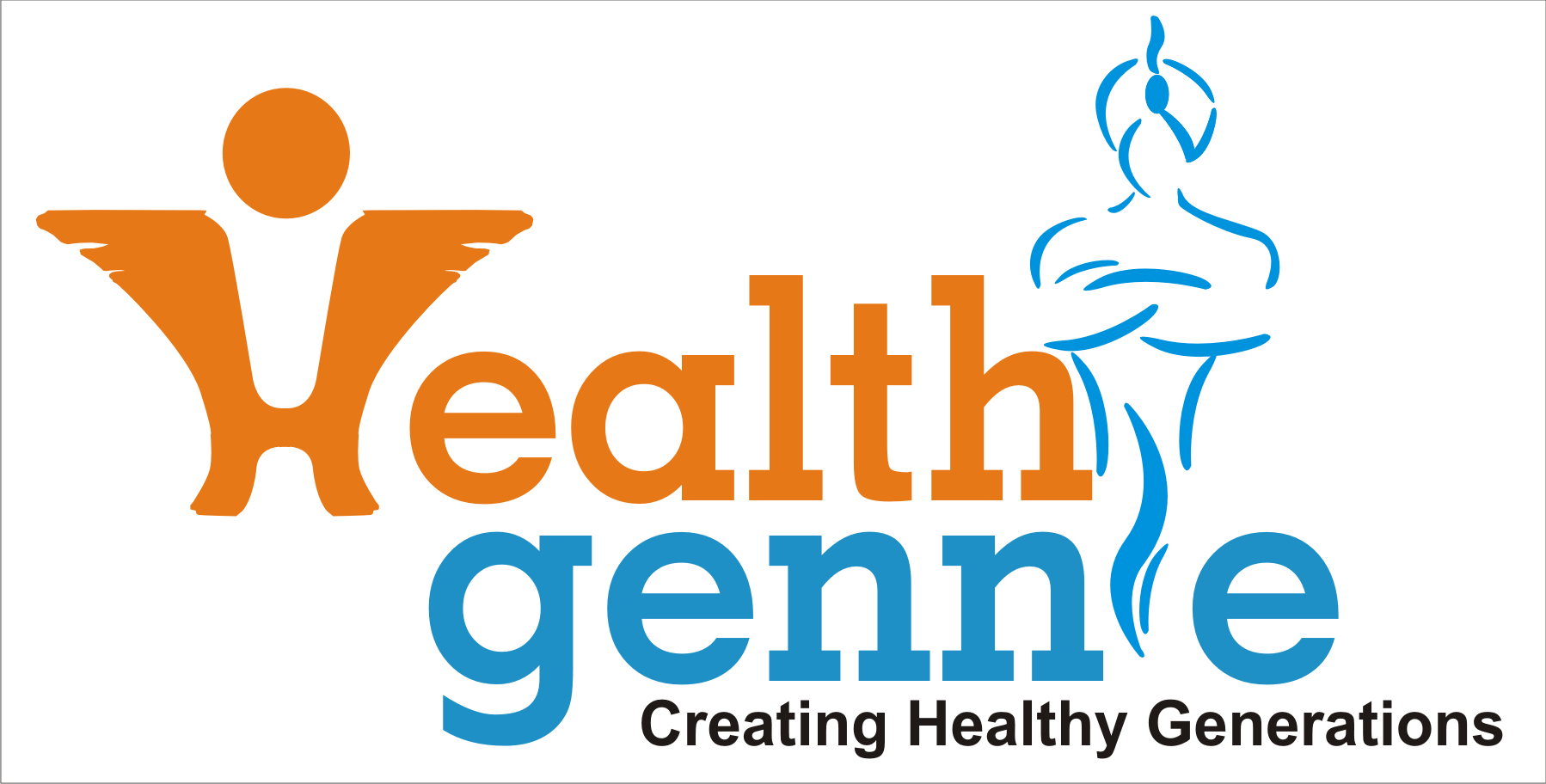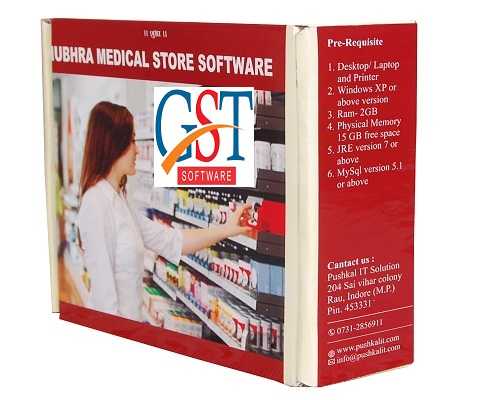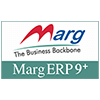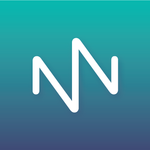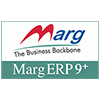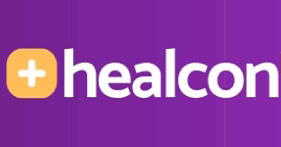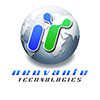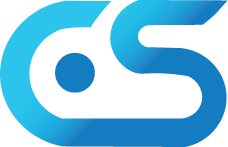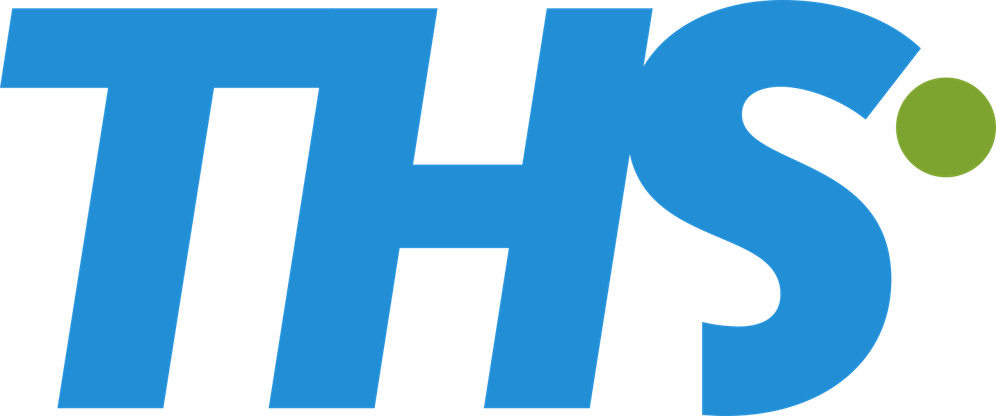What Is Medical Billing Software?
Medical billing software is a specialized digital instrument that simplifies the complex and time-consuming process of medical billing. It automates and centralizes invoice generation, insurance claim submission, and payment processing for healthcare services. This software is a crucial component for any medical practice since it enables precise and effective billing, which leads to faster payments and better cash flow.
One of the main roles of medical billing software is to generate and manage patient bills. It maintains all patient information and services rendered, enabling for timely and accurate billing. This removes the need for human data entry and minimizes the possibility of errors or oversights, which can result in refused claims and delayed payments. Medical billing software not only generates bills but also makes it easier to submit claims to insurance carriers.
It interacts with a variety of insurance carriers and billing systems, allowing for easy electronic claim submission. This considerably accelerates the reimbursement process while lowering the chance of claim rejections or delays. Another important aspect of medical billing software is the ability to track and manage payments. It maintains a record of all transactions, including patient payments, insurance reimbursements, and outstanding balances.
This not only helps to keep correct financial records, but it also provides vital insights into the medical practice's revenue cycle. Furthermore, medical billing software frequently offers comprehensive reporting and analytics features. It may generate custom reports on a variety of financial topics, including revenue, outstanding amounts, and insurance patterns.
These data can help medical practices make better financial decisions and identify areas for improvement. When selecting medical billing software, consider interoperability with existing systems, security features, and dedicated customer support. It should also follow privacy standards, such as HIPAA, to secure sensitive patient information.
What Are The Recent Trends In Medical Billing Software?
In recent years, there have been considerable advances and breakthroughs in the field of medical billing software. These improvements have been driven by the growing need for digitization, heightened emphasis on data privacy, and the requirement for streamlined and effective billing systems in the healthcare sector. The migration to cloud-based medical billing software is a key trend.
Many healthcare facilities are migrating to cloud-based billing software as electronic health records (EHRs) become more widely used and remote data access becomes more important. This enables simpler collaboration between providers, secure data storage, and access from any location with an internet connection. Another trend is the use of AI and machine learning (ML) into medical billing software.
This technology can automate normal activities and detect potential errors, leading to increased accuracy and efficiency. It can also assist in identifying patterns and trends in billing data, resulting in better financial management and decision making. Data privacy and security have been important priorities in the healthcare industry, resulting in enhanced security measures in medical billing software.
This includes multi-factor authentication, encryption, and adherence to HIPAA standards. These safeguards help protect patient and billing information from cyber threats and potential breaches. Value-based treatment and alternative payment models have had an impact on medical billing software features. Providers must increasingly measure and report on quality and performance data, and billing software is including tools to facilitate this.
These include data analytics tools and reporting capabilities for tracking revenue and reimbursements. Finally, consumer expectations are shifting, and patients are becoming more engaged in their care. As a result, many medical billing software solutions now include patient portals for online bill payment, self-service features, and real-time billing and insurance claim updates.
Benefits Of Using Medical Billing Software
One of the primary advantages of using medical billing software is that it may streamline and improve the entire billing process for healthcare professionals. Manual billing processes in the healthcare business have become more time-consuming, error-prone, and inefficient as technology has advanced. Medical billing software solves these problems by automating numerous operations and simplifying complex processes.
Using medical billing software, healthcare professionals can save a considerable amount of time and resources that would otherwise be spent on billing-related duties. It enables a more effective and accurate billing cycle, resulting in faster reimbursements and higher cash flow for healthcare practices. Furthermore, medical billing software frequently includes capabilities like automatic claim scrubbing, coding assistance, and real-time eligibility verification, all of which serve to reduce errors and increase overall claim accuracy.
This can drastically minimize claim rejections and denials, yielding in more cash for healthcare providers. Another key benefit of adopting medical billing software is the ability to store and access patient data in a secure and centralized environment. This eliminates the need for paper records and lowers the likelihood of data loss or inaccuracy.
Furthermore, medical billing software frequently has built-in compliance capabilities that guarantee billing methods correspond to industry norms and regulations, hence decreasing risks for healthcare providers. Furthermore, medical billing software can create thorough reports and analytics, revealing vital information about a practice's financial performance and opportunities for development. This data-driven strategy enables more informed decision-making, increasing the overall efficiency and profitability of a healthcare practice.
Important Factors To Consider While Purchasing Medical Billing Software?
When it comes to choosing medical billing software, there are numerous critical elements to consider to ensure that you make the best choice for your practice or healthcare company.
These factors include:
1. Compatibility: Before acquiring any medical billing software, be sure it's compatible with your existing systems and technologies. This includes your EHR system, practice management software, and any other software or hardware that needs to work with the billing program.
2. Features And Functionality: Each medical billing software has unique features and functionality. Some may offer advanced reporting features, while others may have an easy-to-use interface. Consider what features are most important to your practice and select software that meets your specific requirements.
3. Compliance: Medical billing software must conform with a variety of regulations and standards, including HIPAA and ICD-10 coding. Check that the program complies with these criteria to avoid any future legal or financial fines.
4. Cost: When shopping for medical billing software, it's critical to consider your budget. Some may charge a one-time fee, while others may require an ongoing membership. Remember that cost should not be the only determining factor, as the most expensive software may not always be the greatest fit for your practice.
5. Customer Assistance: Before investing in any product, it is critical to assess the amount of customer assistance provided. This may involve technical support, training, and ongoing help. Make sure to look into the software company's customer service alternatives and read reviews from current customers to get a sense of their contentment.
6. Scalability: As your practice grows, your medical billing requirements may change. It is critical to assess the software's scalability and if it can support future growth and changes in your practice.
7. User-Friendliness: Medical billing software should be straightforward to use. This will save time and reduce errors during the billing process. Consider the learning curve for your employees and select software that is intuitive and simple to use.
8. Integration: In addition to compatibility, evaluate the medical billing software's integration capabilities. Can it work with the other software or systems you're currently using? This will streamline and improve the efficiency of your billing procedure. When choosing medical billing software for your clinic, keep these crucial criteria in mind to make an informed purchase. Remember to read reviews, try demos, and extensively investigate your alternatives to ensure that you get the finest software for your individual requirements.
What Are The Key Features To Look For In Medical Billing Software?
When looking for the best medical billing software for your clinic, you should examine a few crucial aspects.
Here are some key things to look for:
1. Compatibility With Your Present Systems: Before making a purchase, make sure the software is compatible with your current electronic health records (EHR) system, practice management software, and other systems in your practice.
2. Patient Information Management: The program should be able to correctly store and update patient information such as demographics, insurance information, and billing history. This will speed up the billing process and reduce errors.
3. Claims Filing And Tracking: The software should be able to electronically file and track insurance claims. This will expedite the reimbursement process and decrease the likelihood of late or denied claims.
4. ICD-10 And CPT Coding: Look for software that has an up-to-date and accurate library of ICD-10 and CPT codes to enable proper coding and invoicing of operations and services.
5. Configurable Reporting: The software should include configurable reports that enable you to examine and track your practice's financial performance, such as revenues, claims, and payment trends.
6. Advanced Security Measures: Ensuring patient confidentiality is critical in the healthcare industry. Look for software with strong security mechanisms in place to protect the confidentiality and integrity of sensitive data.
7. User-Friendly Interface: Your workers should be able to navigate and use the software with ease. This saves time and shortens the learning curve for new users.
8. Integration With Payment Processing: To simplify the payment process, look at software that interacts with payment processing systems, allowing patients to pay directly through the software.
9. Customer Support And Training: Ensure that the software provider provides thorough customer assistance and training to assist you and your staff in efficiently using the system and troubleshooting any issues that may emerge.
10. Scalability And Updates: Select software that can expand with your practice and provides regular upgrades to keep up with changing industry norms and standards.
Why Do Businesses Need Medical Billing Software?
In today's fast-paced and competitive healthcare market, efficiency is critical for firms to succeed. This is where medical billing software comes in - it streamlines the entire billing process and assures accuracy in record-keeping, lowering the chance of errors and delays that can harm a company's financial performance. One of the primary reasons why organizations use medical billing software is to optimize their revenue cycle management.
Businesses can dramatically speed up and collect payments by automating operations such as claims processing, payment posting, and patient billing. This eventually leads to more cash flow and more financial security. Furthermore, medical billing software assists firms in complying with ever-changing healthcare standards, lowering the danger of penalties and legal complications.
Businesses may be confident that their billing procedures meet industry standards thanks to advanced features like HIPAA compliance and ICD-10 coding. Another important issue that medical billing software addresses is the minimization of human error. Billing and coding are intricate processes that necessitate a high degree of precision. Manual data entry without the correct software can result in costly errors, claim rejections, and payment delays.
By automating these procedures, firms may reduce errors while saving time and costs. Furthermore, medical billing software provides sophisticated reporting and analytics functions, allowing businesses to gain insights into their financial performance. This data allows firms to identify areas for improvement and make informed decisions to optimize their revenue cycle.
How Much Time Is Required To Implement Medical Billing Software?
The implementation time for medical billing software varies based on a number of factors, including the size of the practice, the complexity of the software, and the staff's preparation. The entire process can last anything from a few weeks to a few months. Throughout the installation phase, the software provider will collaborate closely with the practice to ensure a seamless transition.
This includes installing the software, importing data, training staff, and configuring it to match the practice's specific requirements. The time required for each of these processes will vary depending on the individual practice's needs and the software provider's efficiency. Smaller practices with less sophisticated needs can complete the implementation process in a matter of weeks.
However, for larger practices with more sophisticated billing processes, it may take many months to completely integrate the software and guarantee that all employees are trained and comfortable using it. It is vital to remember that the implementation time is determined by the software provider as well as the practice's preparedness and collaboration.
To expedite the process, the practice must have clear and organized data, specific staff members for training and implementation, and a complete grasp of its present billing procedures. To avoid delays or setbacks, it is advised that the implementation process be thoroughly planned and given adequate time. This will ensure a smooth transition to the new software while minimizing disturbance to the practice's billing processes. With adequate planning and cooperation from the practice and the software vendor, the implementation process can be accomplished effectively and efficiently.
What Is The Level Of Customization Available In Medical Billing Software?
When it comes to selecting the best medical billing software, customers should evaluate the level of customization available. This refers to the software's capacity to be customized to meet the unique demands and preferences of a medical practice. In general, most medical billing software provides a high level of customization, which is necessary for fulfilling the particular needs of various medical practices.
This includes the option to personalize templates for invoices, claims, and statements, as well as generate custom reports and dashboard views. Some medical billing software even provides for workflow customization, enabling practices to optimize and automate their billing procedures based on their individual requirements. This can significantly increase productivity and accuracy, resulting in speedier reimbursements and better cash flow.
In addition to configurable capabilities, several medical billing software allow users to integrate their practice's branding and logo, resulting in a more professional and coherent picture for patients. It is critical for consumers to conduct extensive research and inquire about the level of customisation offered in each software they are purchasing. This will assist them in determining which software will best match their specific requirements and help them reach their billing objectives.
Which Industries Can Benefit The Most From Medical Billing Software?
Medical billing software has become an indispensable tool in many businesses because it simplifies the difficult and time-consuming process of medical billing. While the program can assist any healthcare facility, it is especially beneficial to particular businesses.
Here are the industries that will gain the most from medical billing software.
1. Healthcare Organizations: Healthcare companies, such as hospitals, clinics, and private practices, can undoubtedly benefit much from medical billing software. The software streamlines the billing process by eliminating the need for manual data entry, decreasing errors, and saving time. It also enables firms to monitor income, handle claims, and manage patient information, resulting in a smoother and more effective billing process.
2. Insurance Companies: Every day, insurance companies process a vast number of medical claims. Medical billing software can assist them simplify the process by automating data entry and offering real-time access to claim status and patient information. This expedites the payment process, lowers errors, and increases overall efficiency.
3. Billing And Coding Companies: Billing and coding firms handle billing and coding for a large number of healthcare facilities, which is a labor-intensive and time-consuming operation. Medical billing software can streamline this process, allowing the organization to handle more clients and ultimately boost revenue.
4. Laboratories: Medical billing software can significantly improve the billing and claims process for lab tests and treatments. The program can follow the status of each claim in real time, allowing laboratories to receive reimbursements faster and enhance their cash flow.
5. Mental Health Facilities: Medical billing software can be extremely beneficial to mental health facilities such as therapy practices and psychiatric clinics. Because most mental health services involve frequent billing and coding, the software can save time and eliminate errors, allowing practitioners to devote more time to patient care rather than administrative responsibilities.
Conclusion
To summarize, Medical Billing Software is a crucial tool for healthcare organizations of all sizes. It streamlines and automates the billing process, reducing time and improving accuracy. When selecting the correct software for your practice, you must examine your individual requirements, budget, and compatibility with existing systems. Some important considerations when selecting Medical Billing Software include features such as claims administration, patient scheduling, and reporting capabilities.
It is also important to assess the vendor's reputation, customer support, and training choices. Furthermore, cloud-based software allows for anytime, anywhere access, but on-premise solutions provide greater control over data protection. Conducting extensive study and asking demonstrations will allow you to make an informed selection.
Finally, the correct Medical Billing Software may improve your entire billing process, resulting in more income and better financial management. It is an investment that can significantly improve the success of your practice. We hope this guide has given you useful insights and information to help you make the right option for your firm.

